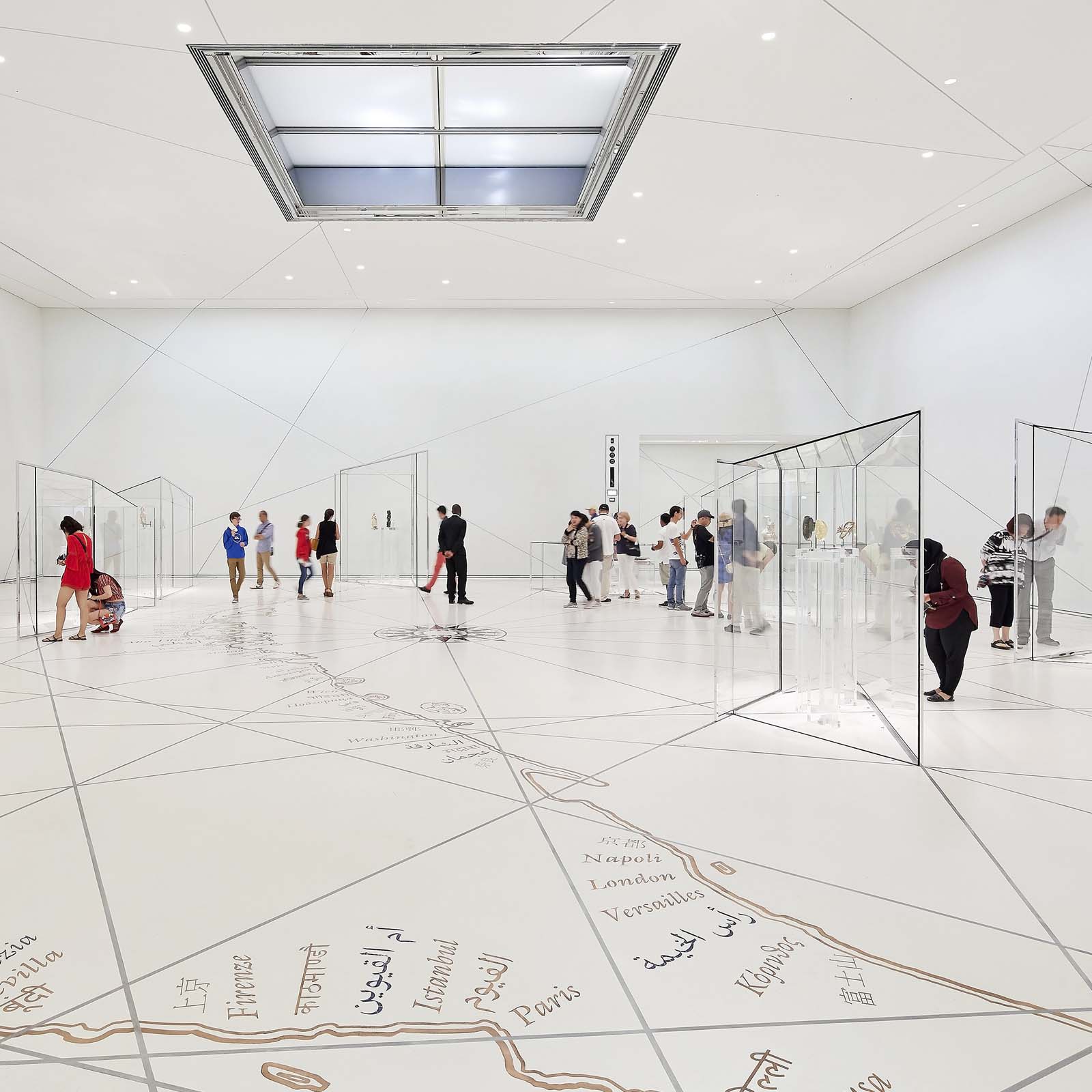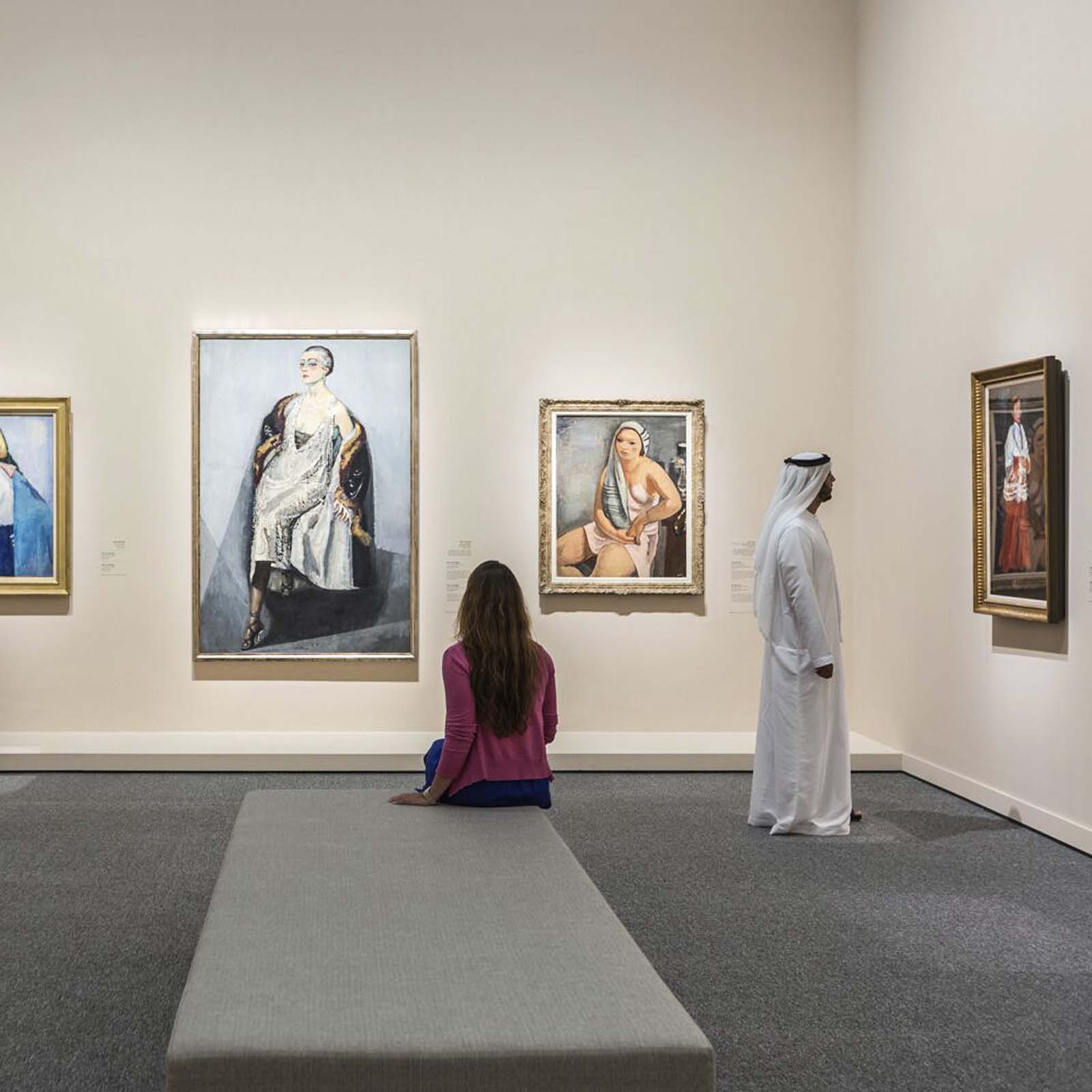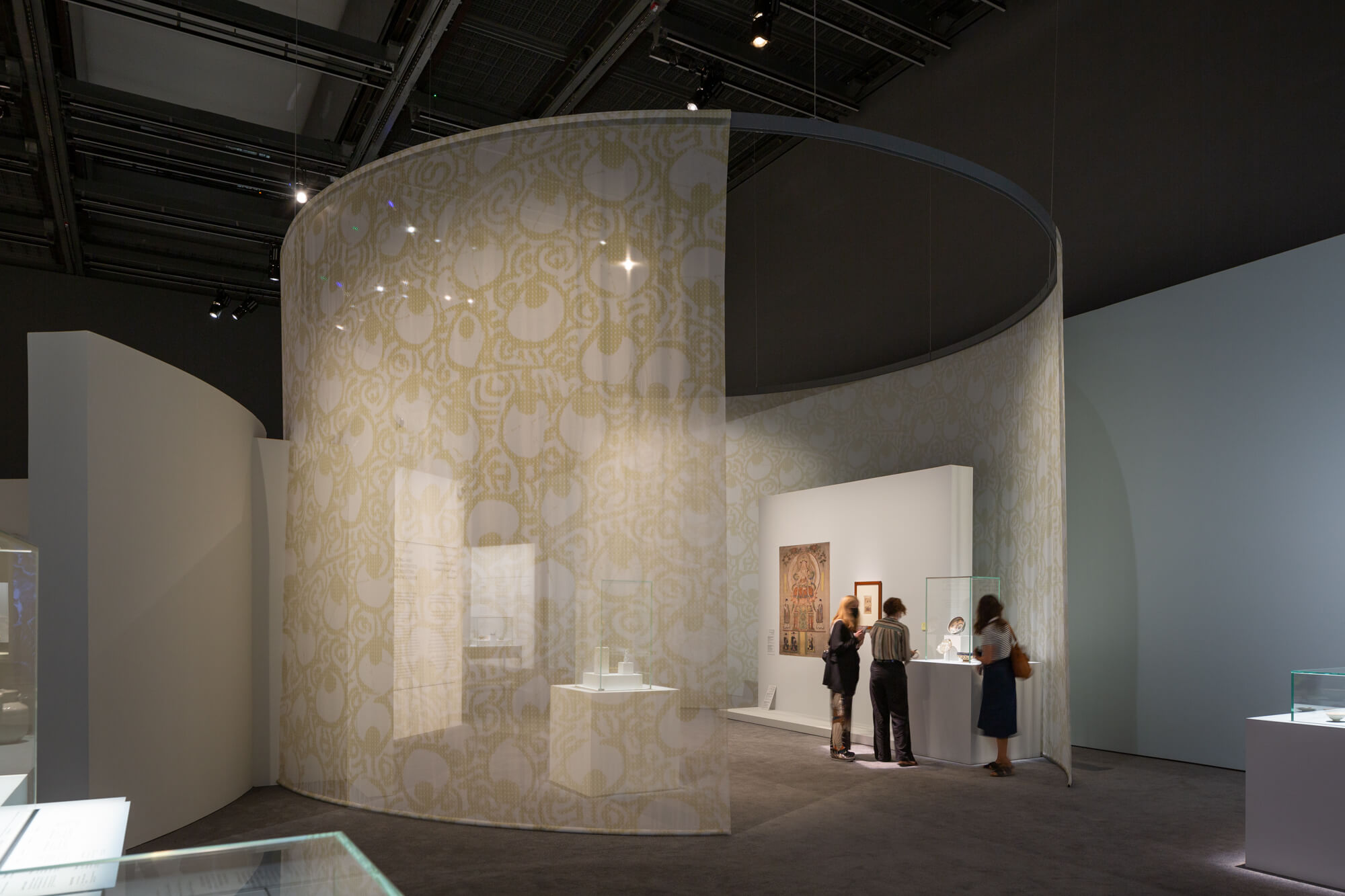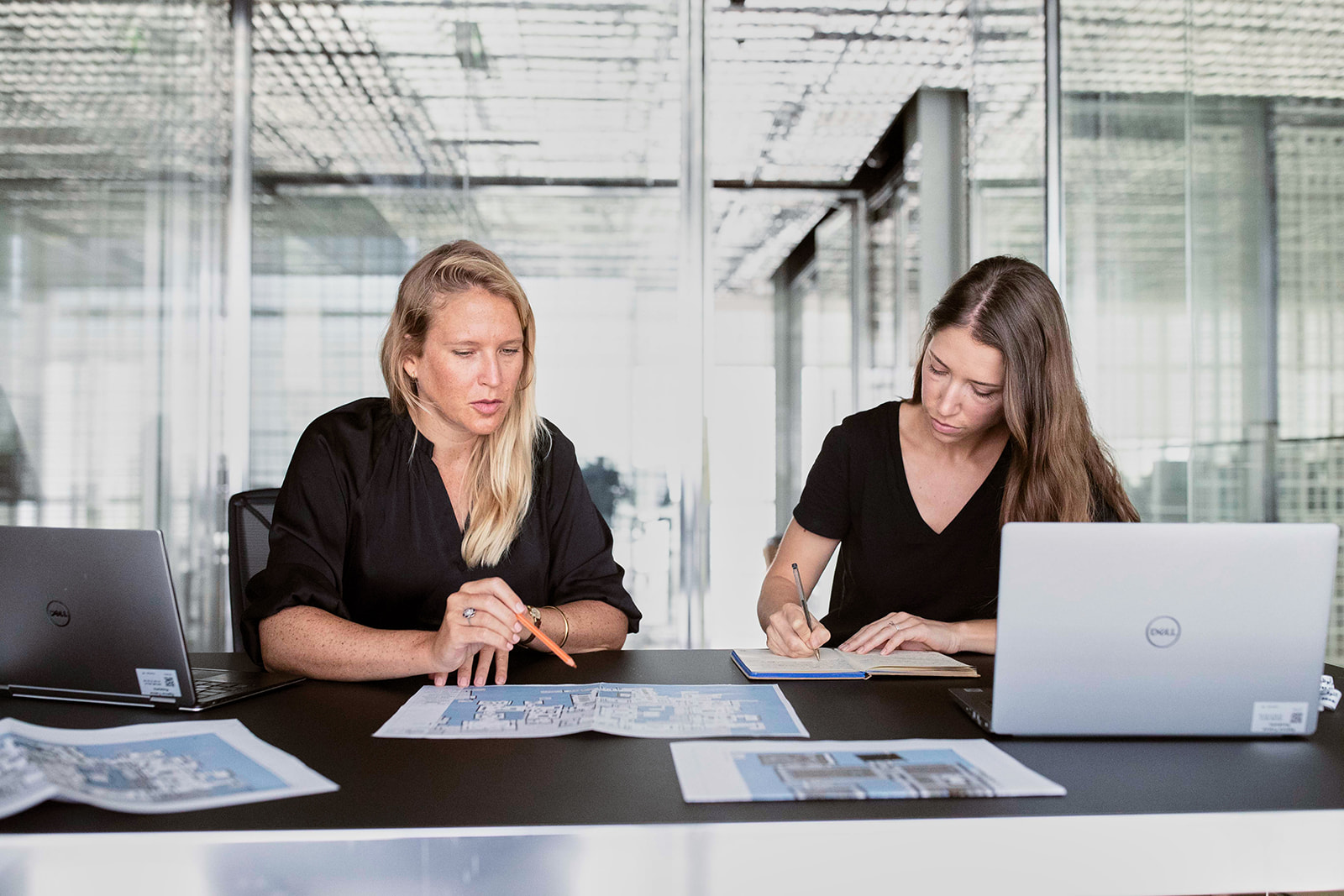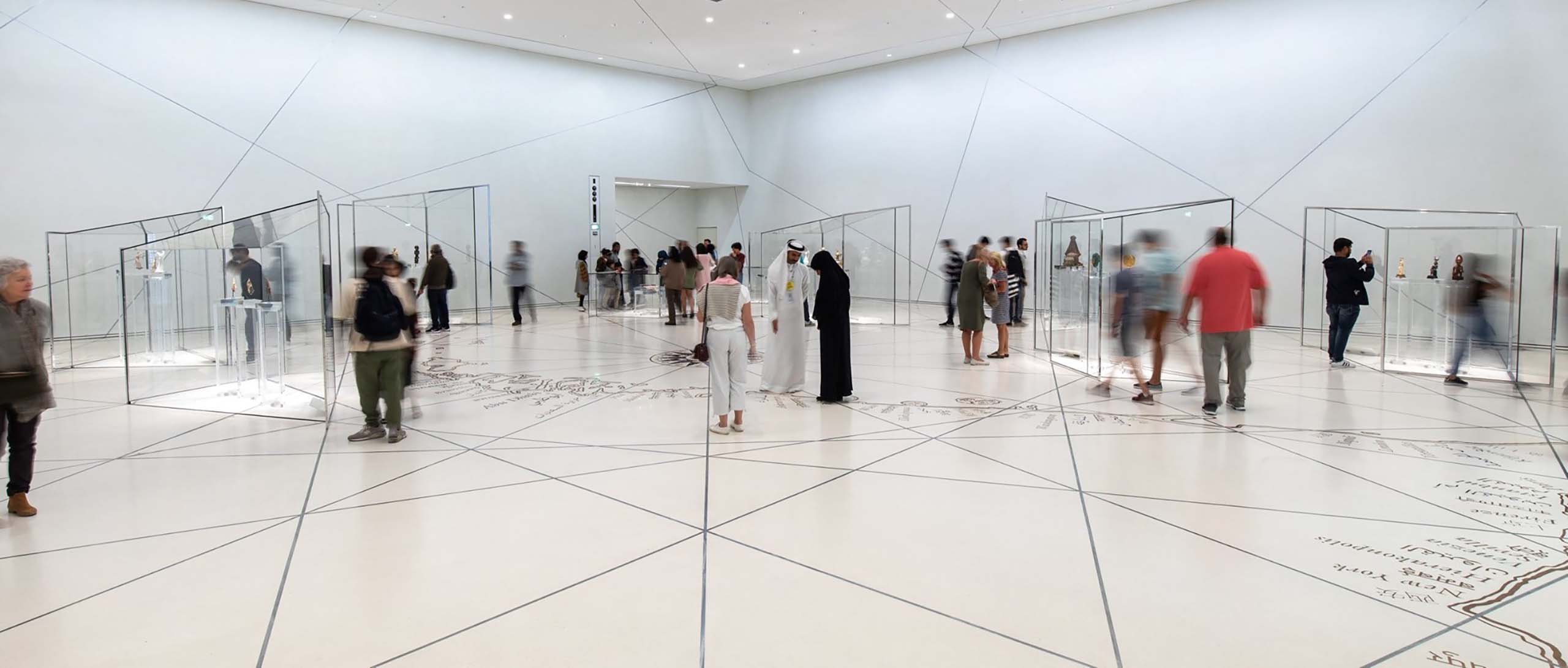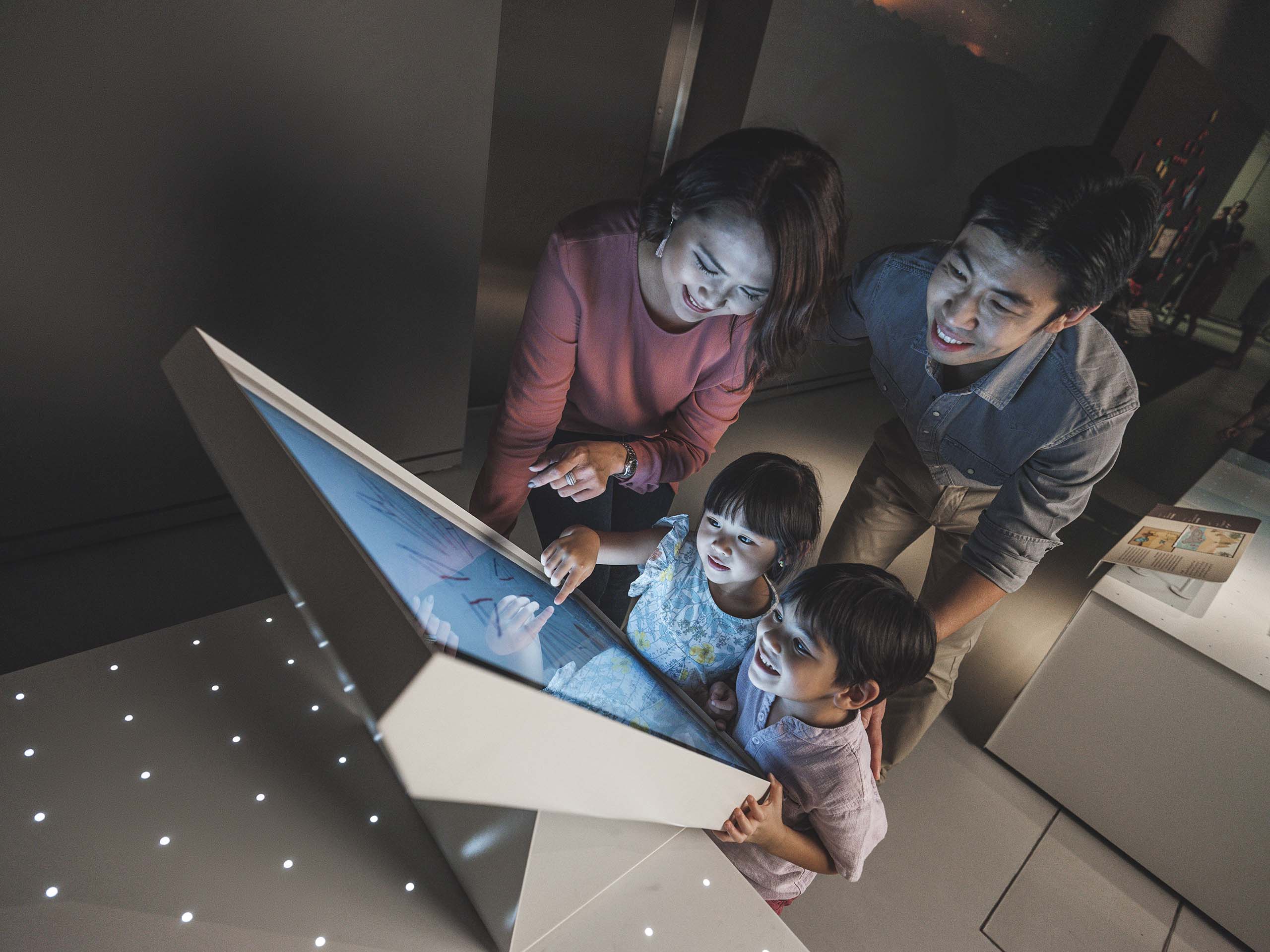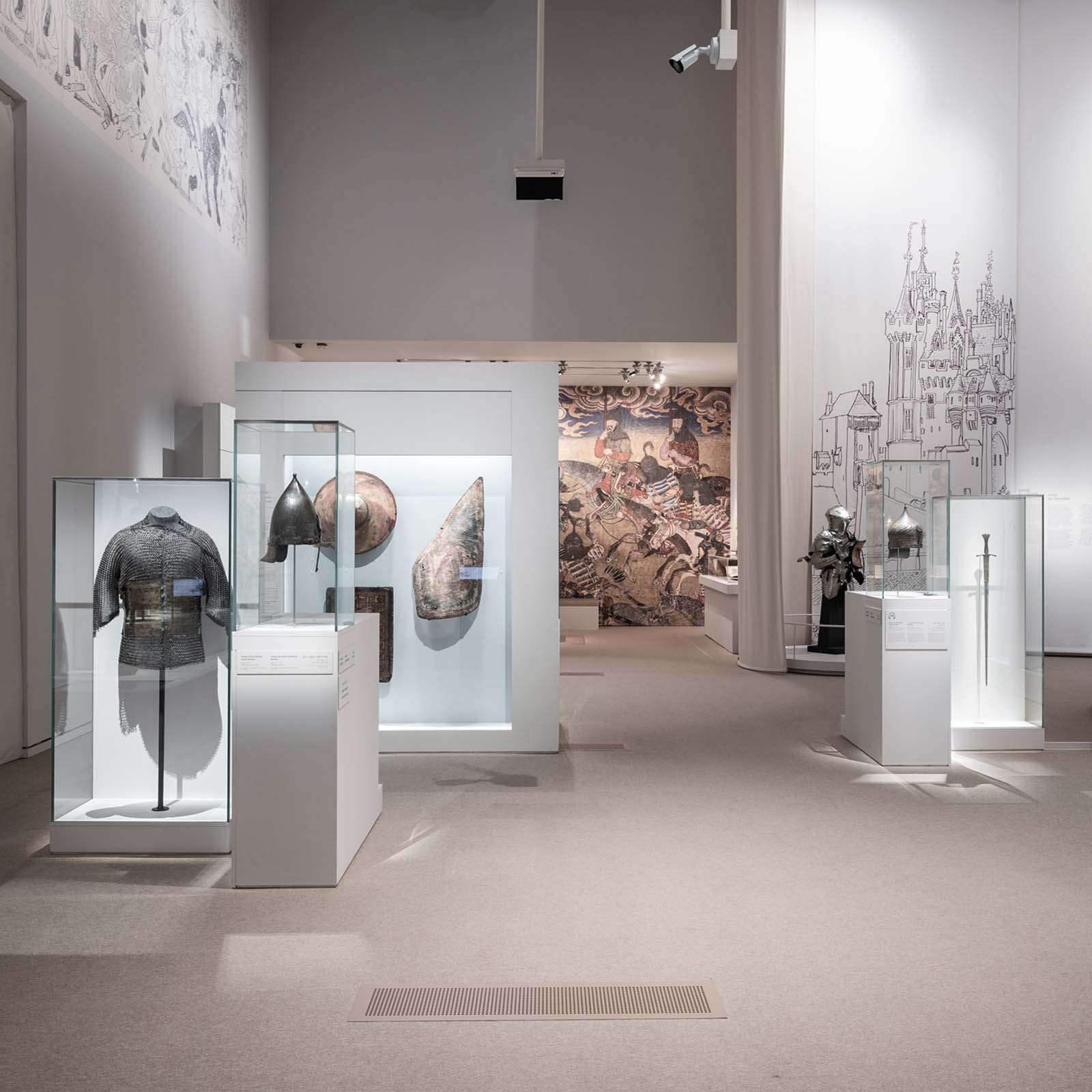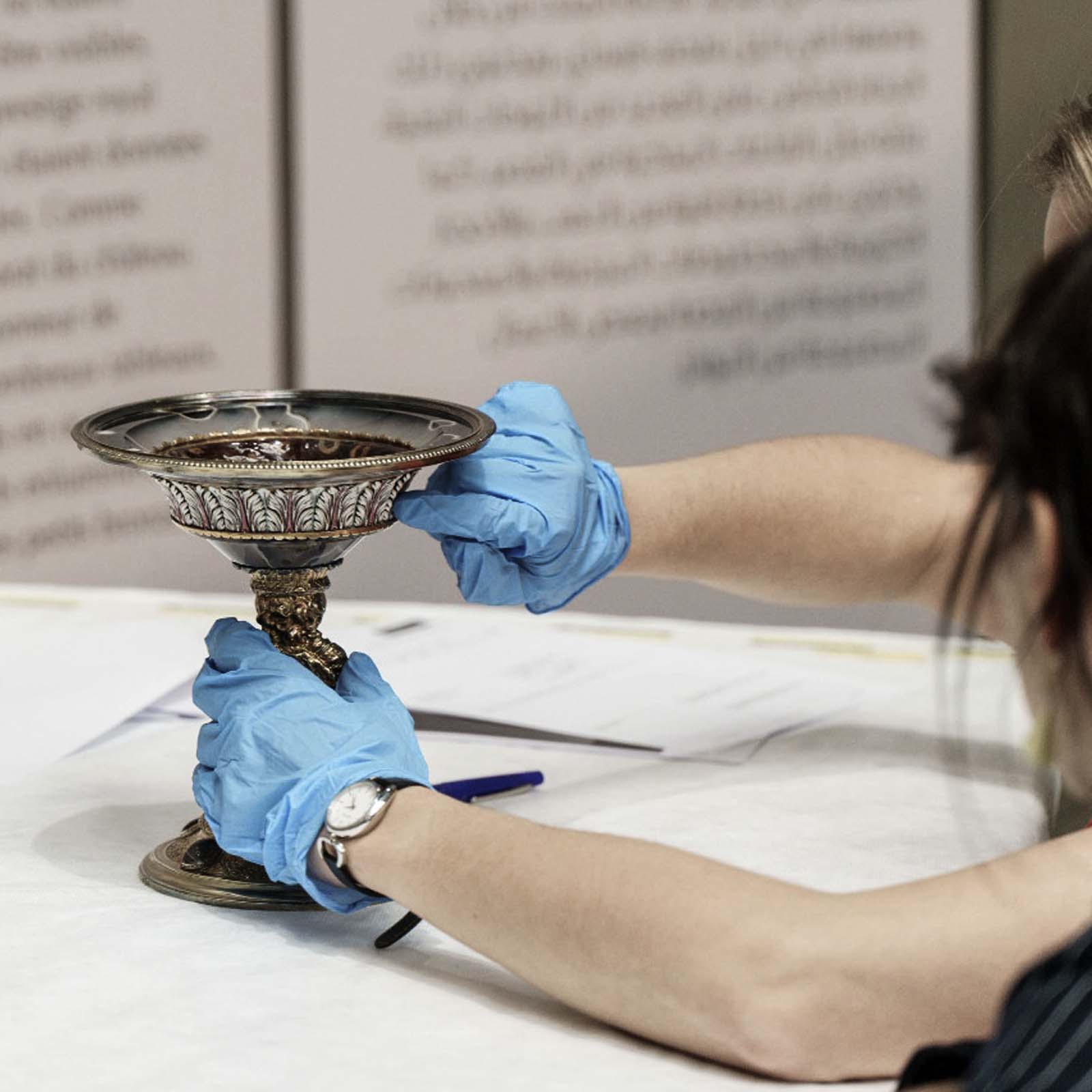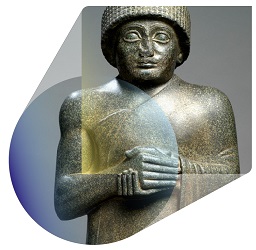
STRATEGIC PLANNING
FOR MUSEUMS
Developing innovative and sustainable scenarios
Strategic planning is a key tool in supporting the launch or transformation of a museum, as it clarifies the desired outcomes and enables clients to define their vision, mission and objectives. Our approach and method rely on the weighted analysis of all the various political, scientific, technical, operational, financial and cultural aspects of the project.
Building a strategic plan for a museum
As an international museum consultancy, we design museums and heritage projects as ecosystems organised around collections that interconnect diverse audiences, cultures and territories. Thanks to our 15 years of experience and our unique network of experts and museums partners, we are able to develop tailormade strategies and plans to help our clients navigate the challenges faced by museums today. This ‘cultural engineering’ ensures that the building, the visitor experience, the exhibition design (scenography), the collections and the team are all in harmony, sharing the same vision and serving the same objectives. Strategic planning is incorporated into every step of the development and construction of a museum. From the assessment phase to the project’s completion, our team offers bespoke services that align with the museum’s objectives.
CONTACT OUR TEAM OF STRATEGIC PLANNING EXPERTS
Strategic planning and master planning for museums
___________
Each museum is unique and has its own challenges, so we treat each project as a blank canvas, looking for innovative and effective solutions and developing a master plan that will be used to guide the development of the institution’s programming and operations.
The museum’s challenge is to understand the expectations of its current and future visitors, while fulfilling its scientific vocation to preserve and study a collection. A museum needs to be rooted in its locality if it is to be truly useful and relevant to the local community and to tourism development in the broadest sense. It is also essential to have a clear understanding of the expectations of the local community. We take into consideration all cultural, regional and social challenges of a project to clearly understand the museum’s objectives, audiences and visitor expectations and identify the community’s requirements.
In addition to considering its attendance, each museum needs to think about its guiding principles – its vision and mission – based on its collection and/or cultural programme. This is the museum’s DNA, which will infuse the permanent and temporary exhibitions and the cultural programme. France Muséums helps museums identify their purpose based on their existing or future collections, and our network of French national museums and international partners allow us to provide expertise on every aspect of museums. We promote a global vision to create encounters between different civilisations, periods and cultures. Once the guiding principles have been defined, we create exhibition and cultural programmes that will bring the museum’s story to light.
Organisational strategy and support for transformation projects
___________
Our experts support museums and heritage sites in their preliminary stages or transformation by providing consultancy on the organisational design of their structure (governance planning, organizational chart, operational functioning, types of expertise and profile, etc.). This support may take the form of identifying high-level profiles corresponding to the project’s technical, scientific and curatorial needs and dynamics.
We ensure the alignment of the organisational strategy with the institution’s objectives and values. In addition, we develop customised support and mentoring strategies to assist team members in their on-boarding and career path.
Business and operational planning
___________
By taking a global approach, we are able to connect the needs and requirements of each museum team, at every stage of the project, and assess the financial implications of the institution’s development. Using data collected from various analyses and projections, we establish a business plan that consolidates realistic operating revenues and expenses to provide a solid framework, guide operations and interconnect functions and departments.
To ensure that the institution runs smoothly, France Muséums designs effective operational planning in line with the museum’s aspirations, commitments and future goals.
We strongly believe that effective decision-making strategies are based on solid analyses and studies, and so our team has developed various tools for conducting analyses and market studies specific to the cultural industry.
France Muséums can provide a wide variety of evaluations, feasibility studies, benchmarks and analyses of various topics, including architectural and exhibition design, wayfinding, visitor experience, accessibility and corporate and social responsibility.
These steps are essential to help museums anticipate and mitigate risks, build a strong organisational reputation, shape relationships and develop successful solutions.
Audience and marketing strategy development
___________
France Muséums is committed to making museums and their collections accessible and inspiring for as many people as possible. It is essential for institutions to develop a strong visitor development strategy, to focus their efforts on a specific target audience, increase visitor accessibility, develop digital users and share their cultural values as widely as possible.
We help our partners identify their target audiences by conducting visitor and non-visitor analyses to understand what prevents people from visiting the museum and build strong visitor personas. Audience research and marketing strategies are carefully tailored not only to generate visits, but also to build a strong base of repeat visitors.
Our target is to reach and connect with the population that is not currently in the habit of visiting museums. Considering and conveying the museum as a place of edutainment, art, encounter, discovery and creation is central to France Muséums’ approach. Each physical or virtual visit to the museum should be an experience, a journey into a story we are telling.

